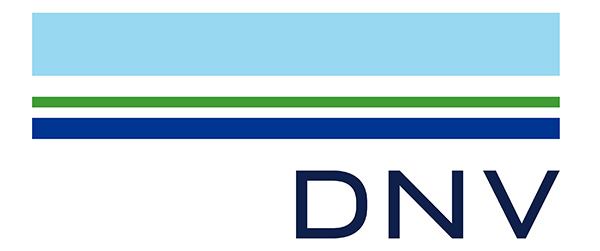Call for Papers - FUSION 2026
Call for Papers
Download Call for Papers (pdf)
Submission
Submit your paper via our submission portal. Please read the information on this page before submitting.
Paper submission guidelines
All papers must be original and not simultaneously submitted to another journal or conference. Full papers (between 5 and 8 pages) will be reviewed for acceptance in one or more of the following topics, where information, data or sensor fusion is a significant aspect. Papers must conform to the specifications in templates provided by IEEE at https://www.ieee.org/conferences/publishing/templates.html. to be considered for acceptance and publication.
Topics of interest
Topics include, but are not limited to:
- Theory and Representation:
Probability theory, Bayesian inference, argumentation, belief theory and subjective logic, possibility and fuzzy set theory, rough sets, knowledge representation and reasoning, decision theory, graph-based fusion models, sparse representations and compressed sensing, random sets, finite point processes and others. - Algorithms and methods:
Multi-modal information fusion, machine learning and artificial intelligence, nonlinear filtering, data association, tracking, prediction, localization and navigation, recognition, classification, signal processing, alignment and registration, situation assessment, behavioral analysis, fusion architectures, resource management, anomaly/change detection, contextual adaptation, ontologies/semantics, neuromorphic computing, soft fusion and LLMs. - Applications:
Decision support, autonomous systems, distributed systems, soft-hard fusion, edge fusion, robotics, defense/security, intelligence fusion, intelligent transportation, wireless sensor networks, finance, environmental monitoring, e-health, bioinformatics, condition monitoring, precision agriculture, mining/manufacturing and other emerging applications. - Test and evaluations:
Trust in fusion systems, fusion performance, explainability and uncertainty of fusion processes, target/sensor modeling, benchmarks/testbeds.
Paper Review
The papers will be peer-reviewed in a blind review process.
Review system:
The Microsoft CMT service was used for managing the peer-reviewing process for this conference. This service was provided for free by Microsoft and they bore all expenses, including costs for Azure cloud services as well as for software development and support.









